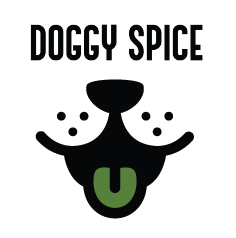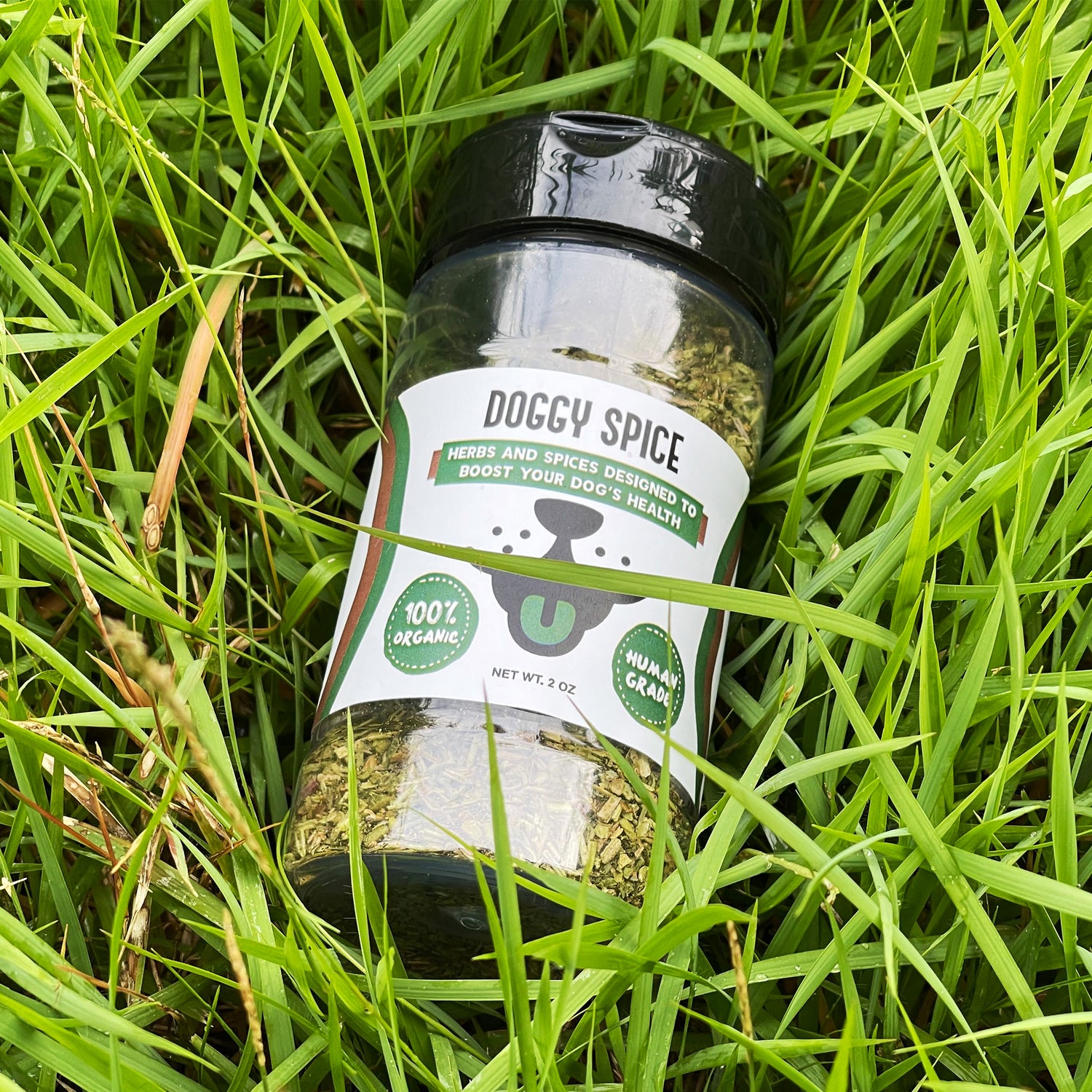
The Pros and Cons of Grain-Free Dog Food: What You Need to Know 🐾
Share
Introduction
Choosing the right diet for your dog can be challenging, especially with the popularity of grain-free dog food options. Grain-free diets have gained traction for their potential benefits, but there are also some concerns to consider.
In this guide, we’ll explore the pros and cons of grain-free dog food, compare grain-free vs. grain-inclusive diets, and address common questions about this dietary choice. Let’s dive in to help you make an informed decision for your furry friend’s health! 🐕
What Is Grain-Free Dog Food?
Grain-free dog food is made without traditional grains like wheat, corn, rice, and barley. Instead, these formulas use alternative carbohydrate sources such as:
- Potatoes 🥔
- Sweet potatoes 🍠
- Lentils 🫘
- Peas 🫛
These alternatives provide energy while avoiding common grains.
The Benefits of Grain-Free Dog Food ✅
-
Reduced Allergies and Sensitivities
For some dogs, grains may cause allergic reactions or digestive issues. Grain-free diets can be a good choice for dogs with suspected grain allergies or intolerances. Grain-free food may reduce symptoms like itching, gastrointestinal upset, and inflammation.
-
Higher Protein Content
Grain-free diets often focus on meat as the primary ingredient, providing a higher protein content. This can be beneficial for active or working dogs who need more protein for muscle development and energy.
-
Improved Skin and Coat Health
Some dog owners report that switching to grain-free food has improved their dogs' skin and coat health, possibly due to fewer allergens and higher-quality protein sources.
-
Easier Digestion for Some Dogs
Alternative carbohydrates like sweet potatoes are high in fiber and may be easier to digest for dogs with sensitive stomachs compared to traditional grains.
The Drawbacks of Grain-Free Dog Food ⚠️
-
Potential Link to Heart Disease
Recent studies have raised concerns about a potential link between grain-free diets and dilated cardiomyopathy (DCM) in dogs. DCM is a heart condition that can be life-threatening, and some grain-free diets using peas, lentils, and potatoes as main ingredients may contribute to this issue (U.S. Food & Drug Administration, 2020).
-
Nutritional Imbalance
Some grain-free dog foods lack essential nutrients found in grains, such as certain B vitamins, iron, and magnesium. Ensure the food is nutritionally complete and balanced by checking the label or consulting your veterinarian.
-
Higher Cost
Grain-free diets are generally more expensive than grain-inclusive options. This is due to the use of higher-quality ingredients and alternative carbohydrates.
-
Limited Research on Long-Term Effects
While many dogs thrive on grain-free diets, the long-term effects on all breeds and sizes are not fully understood. More research is needed to determine if grain-free diets have significant health impacts.
Grain-Free vs. Grain-Inclusive Diets: A Comparison 🧐
|
Aspect |
Grain-Free Diet |
Grain-Inclusive Diet |
|
Allergy Management |
Beneficial for dogs with grain allergies |
Often not ideal for allergy-prone dogs |
|
Protein Content |
Higher, usually meat-focused |
Varies, can include plant proteins |
|
Digestibility |
May be easier for sensitive dogs |
Generally well-tolerated by most dogs |
|
Cost |
Higher |
Lower |
|
Health Risks |
Potential link to heart issues |
Generally safe, with fewer concerns |
Is Grain-Free Dog Food Safe? 🐶
The safety of grain-free dog food depends on the individual dog and its specific needs. According to a study by the FDA, some grain-free diets high in legumes may be linked to heart disease (U.S. Food & Drug Administration, 2020). While more research is required, it’s essential to consult your veterinarian, especially if your dog is predisposed to heart issues.
"Studies have shown a connection between certain grain-free diets and cases of dilated cardiomyopathy in some dogs, suggesting that pet owners should be cautious with these diets and consult with a veterinarian to determine the best food option for their dog’s health needs." — American Veterinary Medical Association (AVMA)
Frequently Asked Questions about Grain-Free Dog Food
Is grain-free dog food better for my dog?
Grain-free food can benefit dogs with specific allergies or digestive issues, but it's not necessarily better for every dog. Consult with your vet to determine if it’s right for your pet.
Can grain-free diets cause heart problems?
Some studies suggest a possible link between grain-free diets and heart disease, specifically DCM, in certain breeds. Speak with your veterinarian for personalized advice.
How can I tell if my dog is allergic to grains?
Signs of grain allergies include itching, digestive upset, and skin issues. If you notice these symptoms, consult your vet for allergy testing or to try a grain-free diet.
Are all grain-free dog foods high in protein?
Not all grain-free dog foods are high in protein. Check the label to ensure it meets your dog’s protein needs.
What should I look for in a high-quality grain-free dog food?
Look for complete and balanced formulas with high-quality protein sources, whole vegetables, and few fillers. Avoid foods with high amounts of peas or lentils as the main ingredient.
Top Herbs and Spices to Keep Your Dog Healthy All Year 🌿
- Cleavers (Galium Aparine) - Supports lymphatic health
- Rosemary- Antioxidant-rich
- Dandelion Greens - Provides vitamins A, C, and K
- Basil - Calming properties
- Peppermint - Aids digestion
- Celery Seeds - Anti-inflammatory benefits
- Dill - Rich in antioxidants
- Oregano - Immune-supporting
- Parsley - Supports fresh breath
- Thyme - Immune booster
- Ginger - Soothes stomachs
- Tumeric - Anti-inflammatory properties
These herbs and spices can easily be incorporated into your dog’s meals with Doggy Spice to promote overall well-being. 🌱
Conclusion: Should You Choose Grain-Free for Your Dog?
The choice between grain-free and grain-inclusive dog food is highly individual. Grain-free diets can offer benefits for dogs with specific allergies, digestive issues, or skin sensitivities. However, it’s essential to weigh these advantages against the potential risks, particularly related to heart health. When choosing a diet, consult with your veterinarian, observe your dog’s response, and prioritize high-quality ingredients to ensure your dog thrives.
📚 References
- U.S. Food & Drug Administration. (2020). FDA Investigates Potential Link Between Certain Diets and Canine Heart Disease. Retrieved from https://www.fda.gov.
- American Veterinary Medical Association. (2020). Grain-Free Diets and Dog Health. Retrieved from https://www.avma.org.
- PetMD. (2021). Pros and Cons of Grain-Free Dog Food. Retrieved from https://www.petmd.com.

